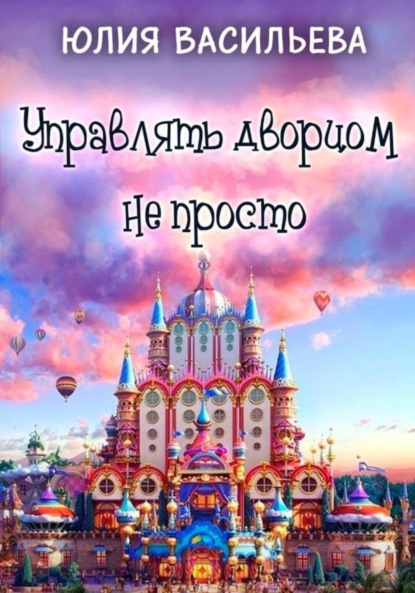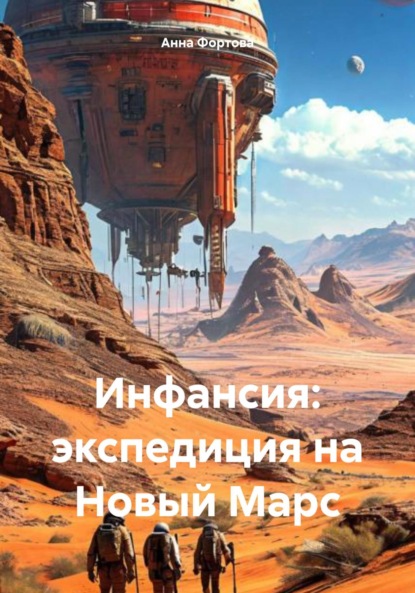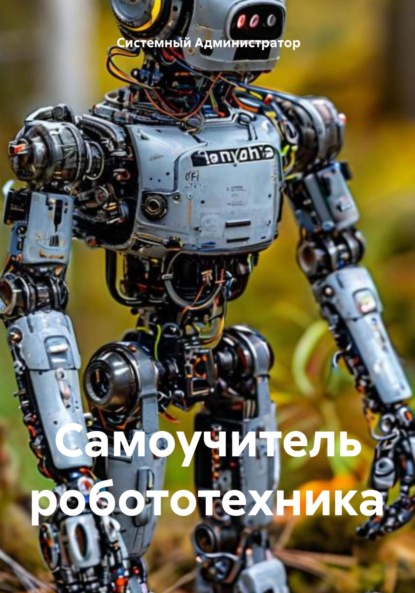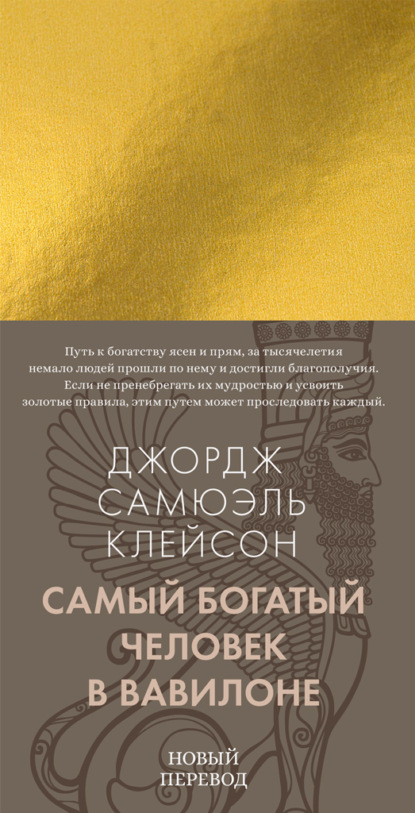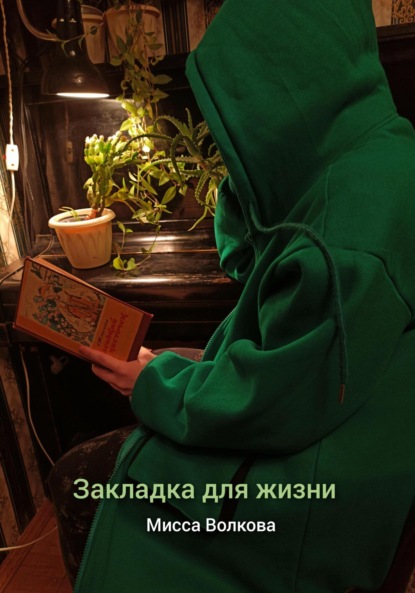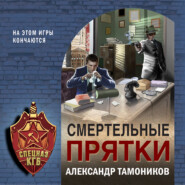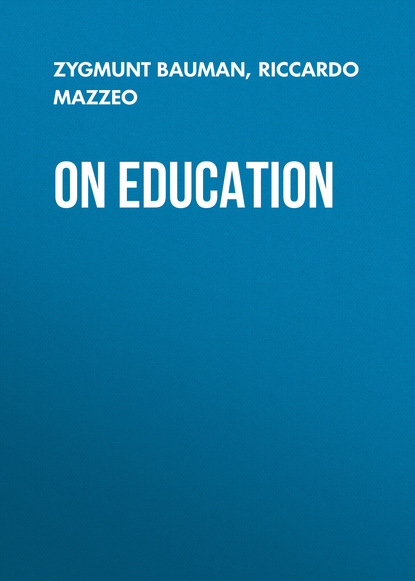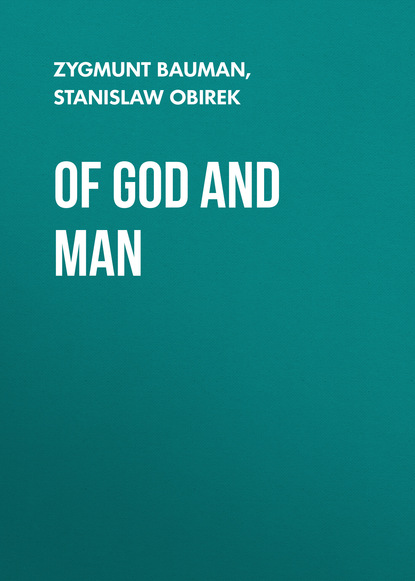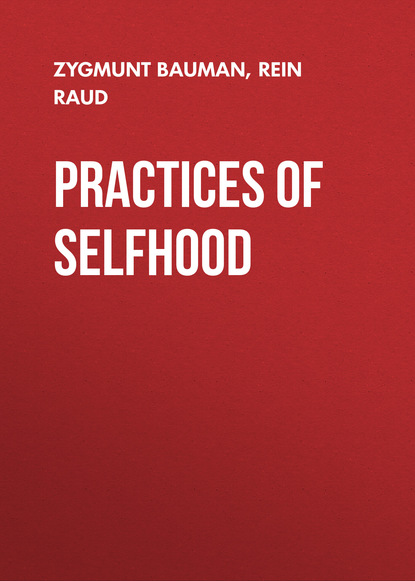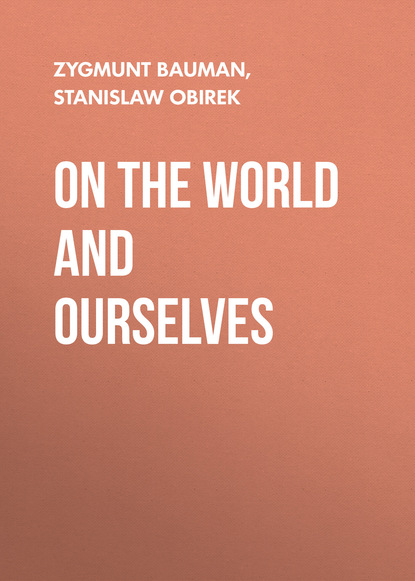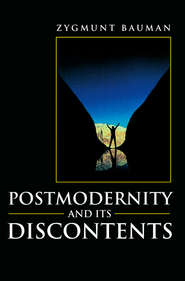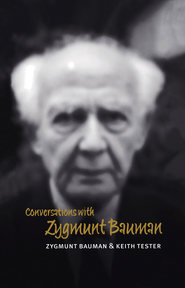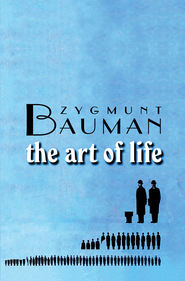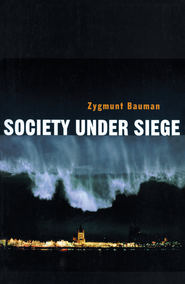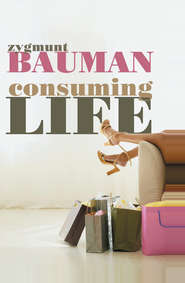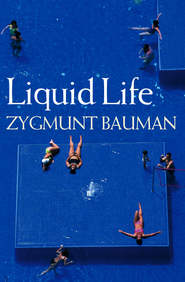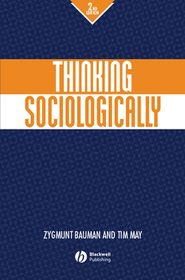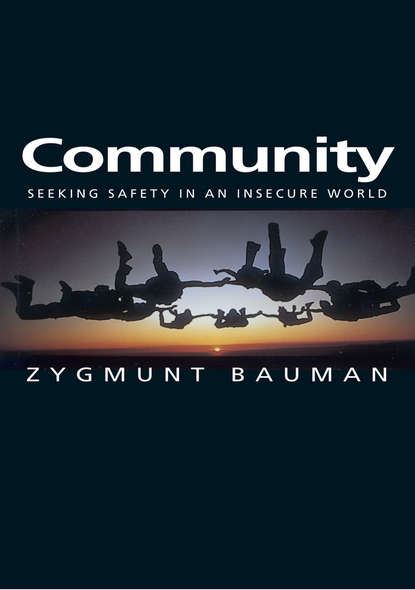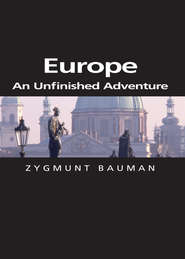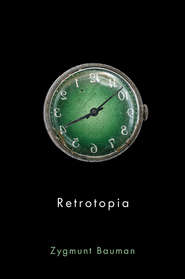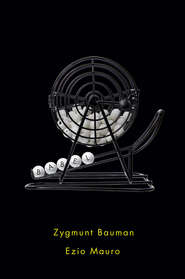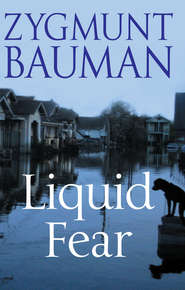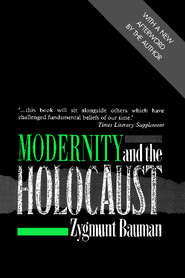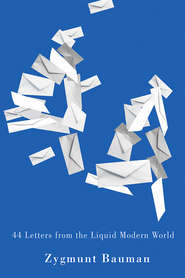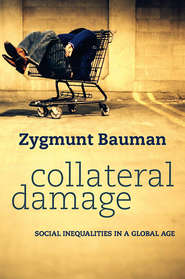Книги автора Zygmunt Bauman
Zygmunt Bauman
биографии и мемуары, военное дело / спецслужбыWhat is the role of education in a world where we no longer have a clear vision of the future and where the idea of a single, universal mode…
What is the role of education in a world where we no longer have a clear vision of the future and where the idea of a single, universal mode…
Zygmunt Bauman
современная русская литератураIn this engaging dialogue, Zygmunt Bauman, sociologist and philosopher, and Stanislaw Obirek, theologian and cultural historian, explore the…
In this engaging dialogue, Zygmunt Bauman, sociologist and philosopher, and Stanislaw Obirek, theologian and cultural historian, explore the…
Zygmunt Bauman
сказкиContemporary understanding of human subjectivity has come a long way since the Cartesian 'thinking thing' or Freud's view of the self strugg…
Contemporary understanding of human subjectivity has come a long way since the Cartesian 'thinking thing' or Freud's view of the self strugg…
Zygmunt Bauman
сказки, юмористическое фэнтези, юмор и сатираUnde malum from where does evil come? That is the question that has plagued humankind ever since Eve, seduced by the serpent, tempted Adam t…
Unde malum from where does evil come? That is the question that has plagued humankind ever since Eve, seduced by the serpent, tempted Adam t…
Zygmunt Bauman
практическая эзотерика, саморазвитие / личностный рост, самосовершенствование, духовная литература, искусство быть счастливым, тайны подсознания, философская проза, духовные ценности, самореализацияWhen Freud wrote his classic Civilization and its Discontents, he was concerned with repression. Modern civilization depends upon the constr…
When Freud wrote his classic Civilization and its Discontents, he was concerned with repression. Modern civilization depends upon the constr…
Zygmunt Bauman
научная фантастика, зарубежная фантастика, близкое будущее, классика фантастики, космические путешествия, колонизация Марса, американская классикаZygmunt Bauman is one of the leading figures in contemporary social thought. His work ranges across issues of ethics, culture and politics. …
Zygmunt Bauman is one of the leading figures in contemporary social thought. His work ranges across issues of ethics, culture and politics. …
Zygmunt Bauman
исторические любовные романы, ЛитРес: чтецIn our individualized society we are all artists of life – whether we know it or not, will it or not and like it or not, by decree of societ…
In our individualized society we are all artists of life – whether we know it or not, will it or not and like it or not, by decree of societ…
Zygmunt Bauman
компьютерное железоSociety is under siege – under attack on two fronts: from the global frontier-land where old structures and rules do not hold and new ones a…
Society is under siege – under attack on two fronts: from the global frontier-land where old structures and rules do not hold and new ones a…
Zygmunt Bauman
современная русская литература, маленькие трагедии, романтические истории, любовные истории, случаи из жизниWith the advent of liquid modernity, the society of producers is transformed into a society of consumers. In this new consumer society, indi…
With the advent of liquid modernity, the society of producers is transformed into a society of consumers. In this new consumer society, indi…
Zygmunt Bauman
современные любовные романы, историческое фэнтези, книги о приключениях, Древний Египет, сновидения, истории о любви, современная проза'Liquid life’ is the kind of life commonly lived in our contemporary, liquid-modern society. Liquid life cannot stay on course, as liquid-mo…
'Liquid life’ is the kind of life commonly lived in our contemporary, liquid-modern society. Liquid life cannot stay on course, as liquid-mo…
Zygmunt Bauman
научная фантастика, будущее планеты, эволюция, домашние питомцыIn this lucid, stimulating and original book, Zygmunt Bauman and Tim May explore the underlying assumptions and tacit expectations which str…
In this lucid, stimulating and original book, Zygmunt Bauman and Tim May explore the underlying assumptions and tacit expectations which str…
Zygmunt Bauman
военное дело / спецслужбы, Вторая мировая война, Великая Отечественная война, история России, новейшая история, Победа, новая история РоссииThis topical new book by Zygmunt Bauman explores the notion of identity in the modern world. As we grapple with the insecurity and uncertain…
This topical new book by Zygmunt Bauman explores the notion of identity in the modern world. As we grapple with the insecurity and uncertain…
Zygmunt Bauman
современная русская литература, метро, московское метро'Community' is one of those words that feels good: it is good 'to have a community', 'to be in a community'. And 'community' feels good beca…
'Community' is one of those words that feels good: it is good 'to have a community', 'to be in a community'. And 'community' feels good beca…
Zygmunt Bauman
современная русская литература, московское метро, романтика любви, современная прозаMore than ever before, our conflict-ridden, drifting planet needs the qualities that Europe, unique among the continents, has developed in m…
More than ever before, our conflict-ridden, drifting planet needs the qualities that Europe, unique among the continents, has developed in m…
Zygmunt Bauman
триллеры, современные детективы, книги о приключенияхWe have long since lost our faith in the idea that human beings could achieve human happiness in some future ideal state—a state that Thomas…
We have long since lost our faith in the idea that human beings could achieve human happiness in some future ideal state—a state that Thomas…
Zygmunt Bauman
гинекология, православная медицина, клиническая медицина, акушерство и гинекология, беременность, книги для родителей, мужчина и женщинаModernity was supposed to be the period in human history when the fears that pervaded social life in the past could be left behind and human…
Modernity was supposed to be the period in human history when the fears that pervaded social life in the past could be left behind and human…
Zygmunt Bauman
зарубежная классика, литература 20 века, социальная проза, американская классика, экранизированный бестселлерSociology is concerned with modern society, but has never come to terms with one of the most distinctive and horrific aspects of modernity –…
Sociology is concerned with modern society, but has never come to terms with one of the most distinctive and horrific aspects of modernity –…
Zygmunt Bauman
современные любовные романы, остросюжетные любовные романы, эротические романы, реальные истории, повороты судьбы, истории о любви, страстная любовь, романтическая эротика, обложка нюThis liquid modern world of ours, like all liquids, cannot stand still and keep its shape for long. Everything keeps changing – the fashions…
This liquid modern world of ours, like all liquids, cannot stand still and keep its shape for long. Everything keeps changing – the fashions…
Zygmunt Bauman
городское фэнтези, детективное фэнтези, книги о приключениях, ведьмы, оборотни, вампиры, некромантияThe term ‘collateral damage' has recently been added to the vocabulary of military forces to refer to the unintended consequences of armed i…
The term ‘collateral damage' has recently been added to the vocabulary of military forces to refer to the unintended consequences of armed i…


